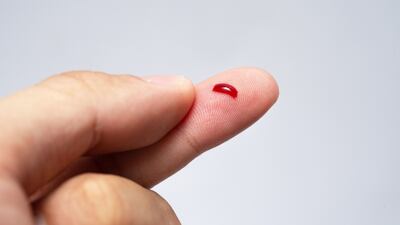The buzz around 3D printing is growing increasingly louder and the market opportunity this technology can bring to medtech manufacturers is certainly real. The global market for joint reconstruction and replacement is expected to increase to $16bn by 2018. The global market for prescription lenses is valued at approximately $13bn today. Spinal implants are a $9bn market. All of these clinical areas have the potential to be enhanced by 3D-printing technologies.
3D printing has already demonstrated its value across a wide range of industries beyond health care. Companies are using 3D printing to develop products with complex designs that are difficult or impossible to create using traditional manufacturing approaches. These companies better manage the cost of goods sold by eliminating post-processing and assembly steps. And they cost-effectively create "units of one" on demand, since 3D-printing costs remains relatively stable regardless of how many units are printed (unlike casting or injection molding)
Read the full article – start your free trial today!
Join thousands of industry professionals who rely on Medtech Insight for daily insights
- Start your 7-day free trial
- Explore trusted news, analysis, and insights
- Access comprehensive global coverage
- Enjoy instant access – no credit card required
Already a subscriber?







